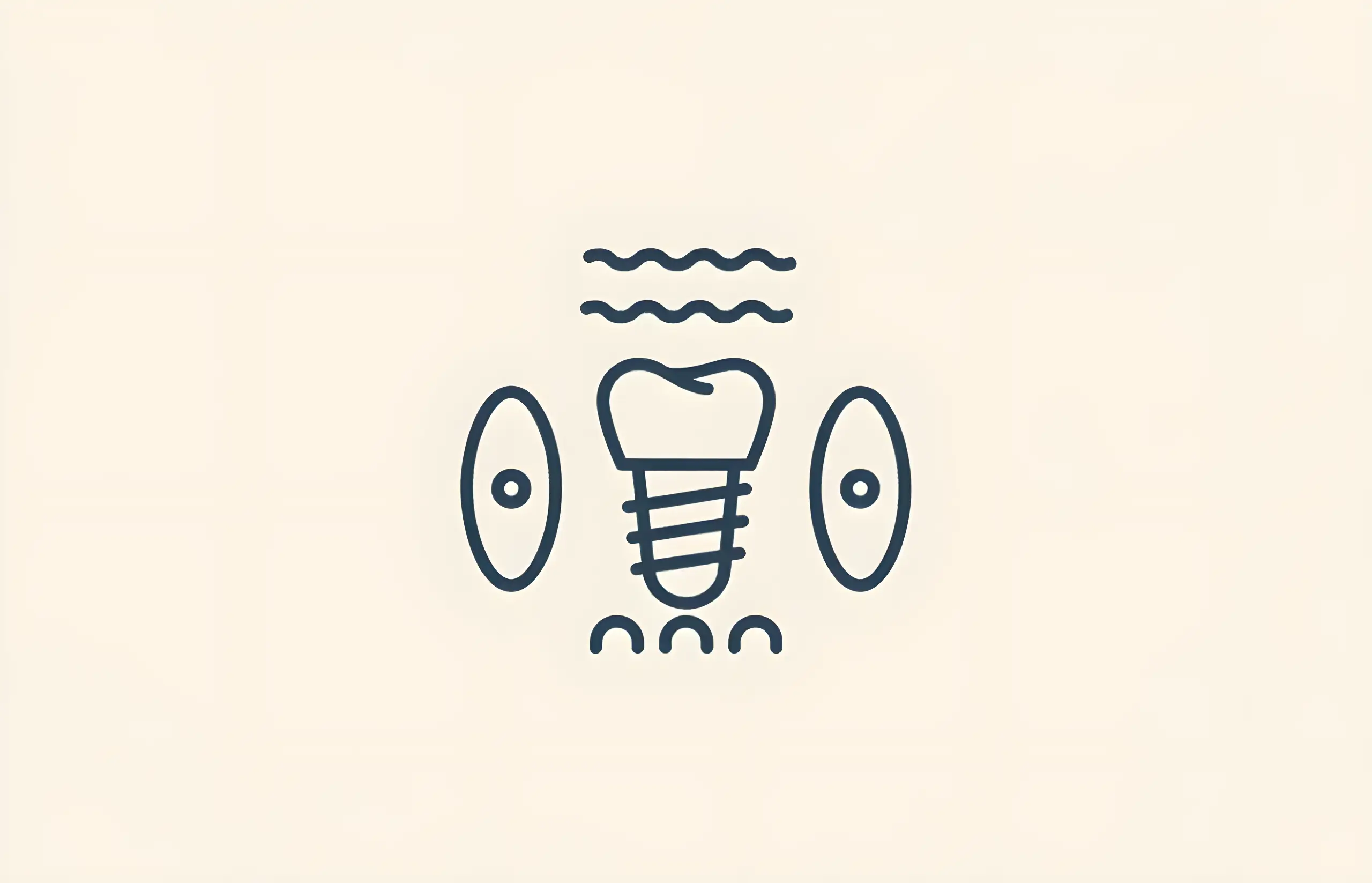A dental implant could last for a very long while if it is maintained properly. But exactly how long that is will vary greatly from person to person. A concrete timeframe cannot be set, as each individual will be different.
About Dental Implants
Before you can fully understand how long a dental implant can last, you first ought to know exactly what they are. Dental implants are artificial teeth that are inserted between other natural teeth. They can replace a single tooth or multiple teeth. In some severe cases, dental implants can be used to replace every single tooth in the mouth.
They are held securely in place by small bolts that are anchored into the jawline. These hold the artificial teeth fast and ensure they cannot move. Once the new implants are inserted in the mouth, it can take a few weeks or months for them to take proper hold. During this healing time, the implants can move slightly and even be knocked out of position if the patient does not use enough care when dealing with them.
But once the implants are secure and have had time to take proper hold, they can be incredibly durable and may rarely, if ever, need to be replaced or repaired.
How Long These Implants Will Last?
Ideally, dental implants will last as long as 10-15 years. If they are taken care of properly and not misused, they can even last longer than 15 years. Don't expect them to last a lot longer, however, as that is about the time they are due for replacement.
No other method of tooth replacement lasts longer and proves as durable. But you will have to take care of these implants if you want them to last.
This starts as soon as you have them put in. During the first few months, the implants will be slightly unstable. You will have to eat soft foods and be careful about how you use your teeth.
Once your mouth is fully healed and the bones and gums have had time to grow around the implants, then the implants will be incredibly secure. But you still have to be careful about how you treat them. You should take care of them like any other teeth. That means brushing and flossing regularly to prevent wear and tear. Just like on natural teeth, sugar and some other foods can slowly dissolve the teeth.
You also want to be careful about grinding your teeth. If you grind at night and cannot control it, you may need to use a mouth guard to protect the implants. You should also be careful about the foods you eat. After your mouth heals from the initial implant process, you will be allowed to eat hard and crunchy foods. But you should still stay away from foods that can be detrimental to your teeth's health. These include such foods as caramel apples, hard candies, ice cubes and other extremely hard foods that can chip away at the teeth or bend the implant screws.
Sources and References
-
[1]
How far can we go? A 20-year meta-analysis of dental implant survival ratesClinical Oral Investigationshttps://pmc.ncbi.nlm.nih.gov/articles/PMC11416373/
-
[2]
Long term clinical performance of 10 871 dental implants with up to 22 years of follow‐up: A cohort study in 4247 patientsClinical Oral Implants Researchhttps://pmc.ncbi.nlm.nih.gov/articles/PMC8359846/
- [3]
-
[4]
Assessment of Survival Rate of Dental Implants in Patients with Bruxism: A 5-year Retrospective StudyJournal of Contemporary Dental Practicehttps://pmc.ncbi.nlm.nih.gov/articles/PMC6169261/
-
[5]
Osseointegration: An UpdateJournal of Indian Prosthodontic Societyhttps://pmc.ncbi.nlm.nih.gov/articles/PMC3602536/
All sources accessed and verified on . Medical information reviewed for accuracy and compliance with current guidelines.
Related Articles

Alternatives to Dental Implants
Comprehensive guide to dental implant alternatives including fixed bridges, resin-bonded bridges, partial dentures, and complete dentures with cost comparisons

Are Dental Implants Covered by Insurance?
Comprehensive guide to dental implant insurance coverage, what plans typically cover, alternative payment options, and important information about the dental implant procedure
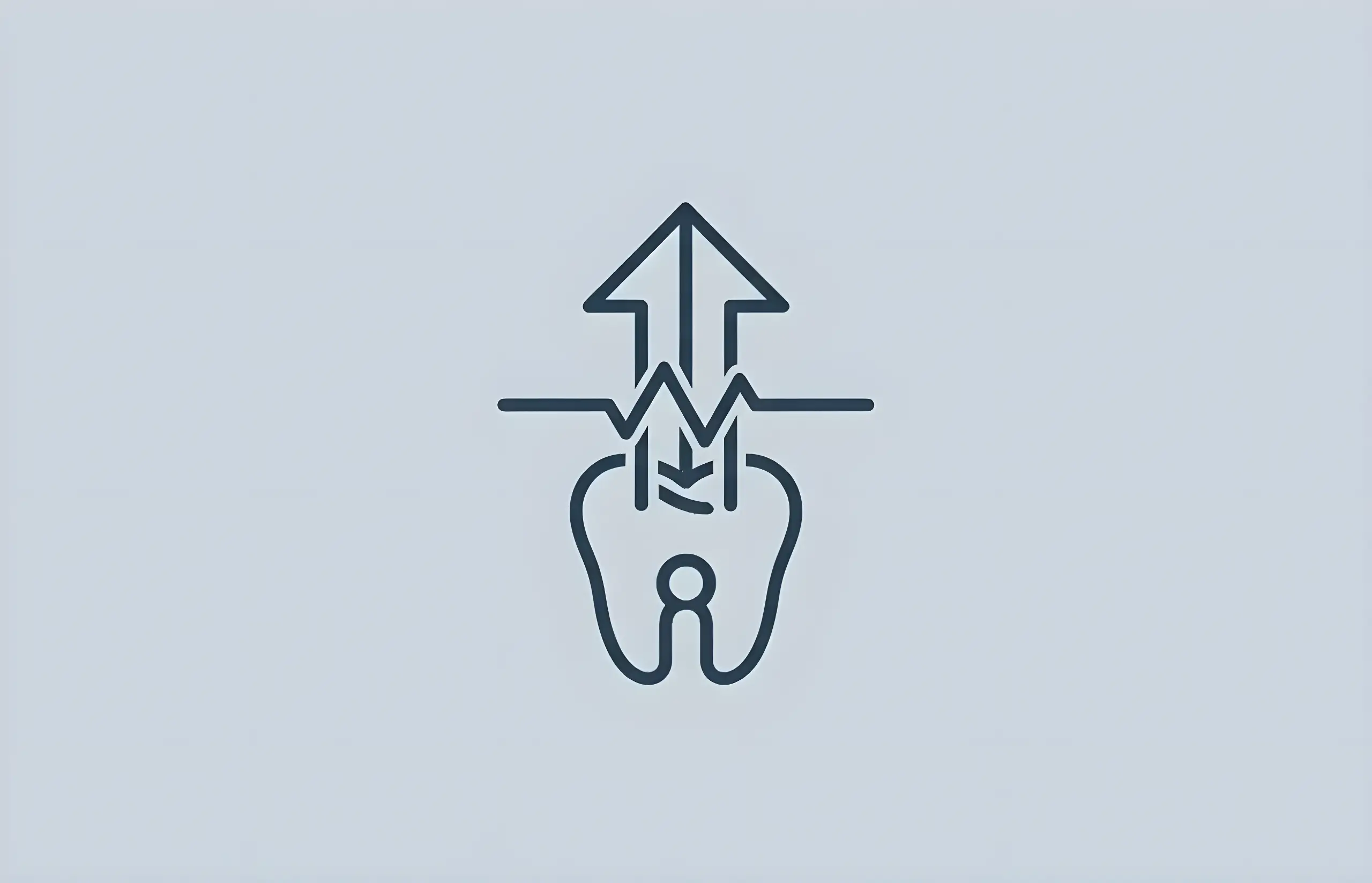
Are Dental Implants Painful?
Comprehensive guide to dental implant pain, including what to expect during surgery, post-operative recovery, pain management, and healing timeline
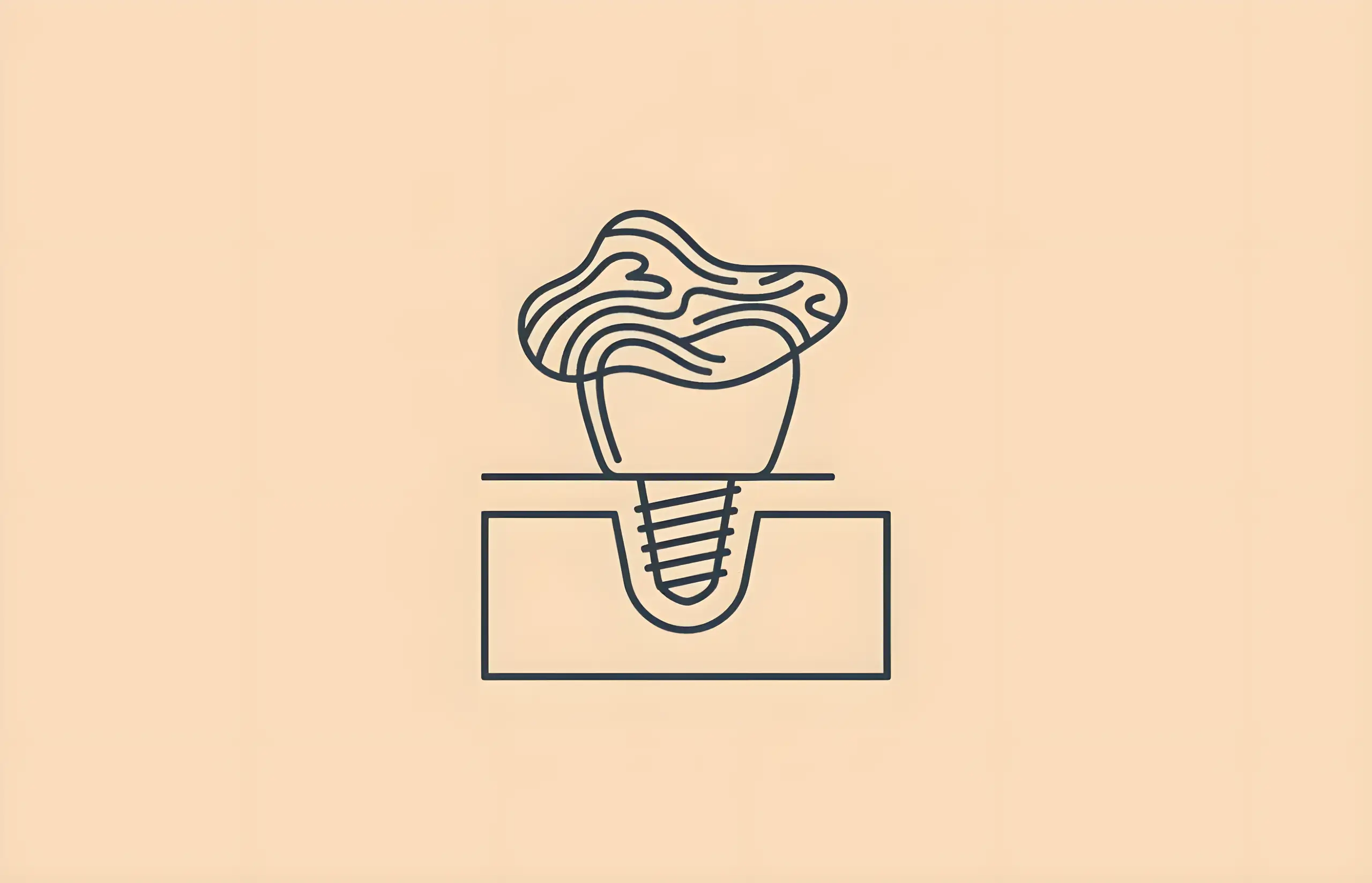
What Is The Best Bone Graft Material For Dental Implants?
Understanding autografts, allografts, and xenografts for dental implant bone grafting including success rates, benefits, and which material is right for you

Can Dental Implants Repair Bone Loss?
Understanding how dental implants can prevent and repair bone loss, including causes of bone loss, treatment options, and the role of bone grafts in implant procedures
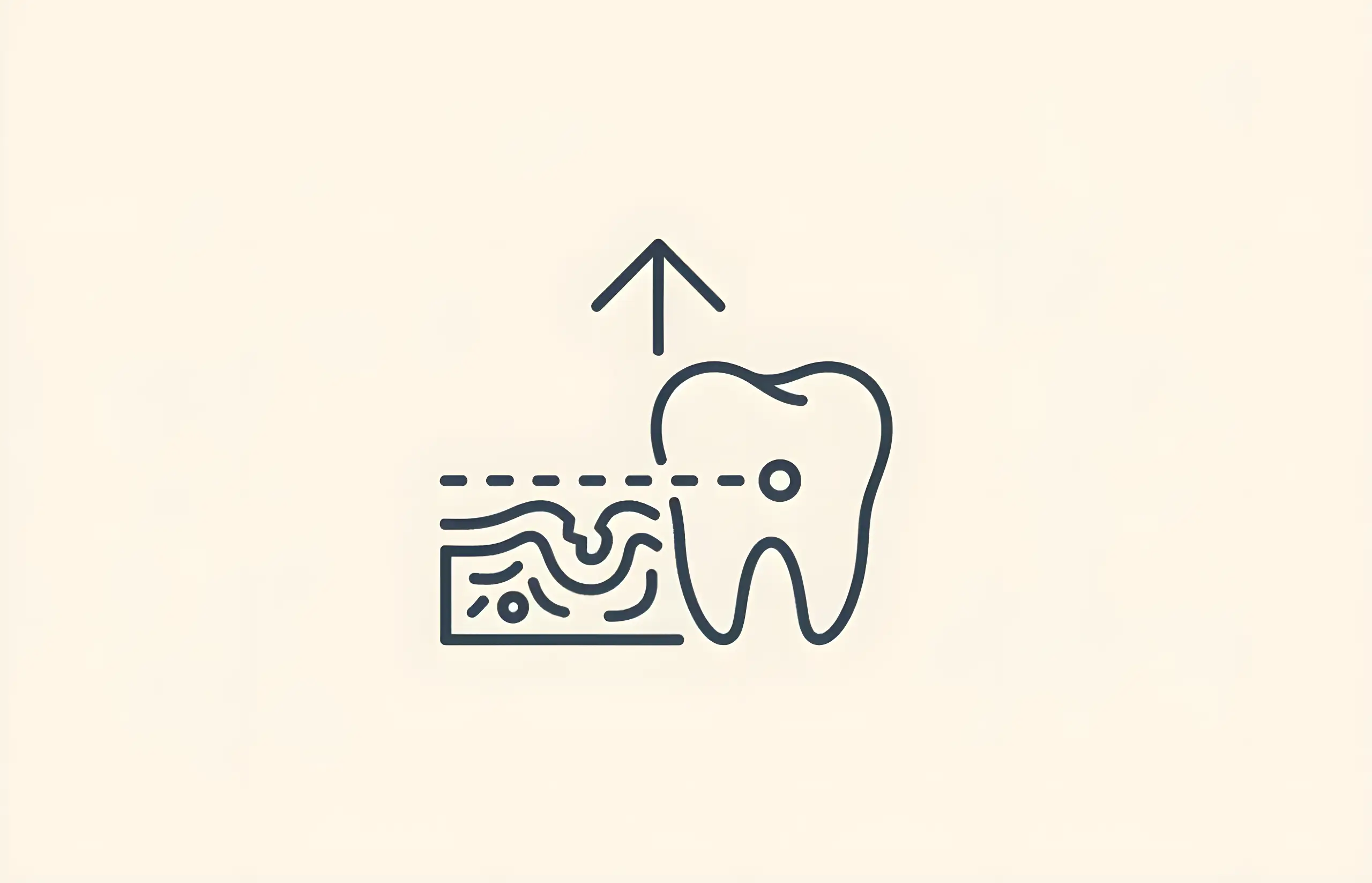
Can You Have Dental Implants With Gum Disease?
Complete guide to dental implants and gum disease including symptoms of periodontitis, success rates with treated gum disease, and treatment requirements before implant surgery

Are There Cheaper Alternative To Dental Implants?
Exploring affordable alternatives to dental implants including bridges, dentures, and All-on-4, with detailed information about costs, benefits, and drawbacks of each option

What Is The Cheapest Country For All On 4 Dental Implants?
Learn about affordable All-on-4 dental implants abroad including popular destinations like Mexico, Hungary, Poland, and Turkey, with success rates, safety considerations, and cost comparisons

How Much Does A Dental Implant Bone Graft Procedure Cost in the UK?
Complete guide to bone graft costs (£295-£2,400 per site), procedure details, reasons for bone grafts, and benefits of bone grafting for dental implants

What Causes Dental Implant Pain Years Later?
Comprehensive guide to late dental implant complications including peri-implantitis, osseointegration failure, nerve damage, and bone loss, with prevention strategies and treatment timelines
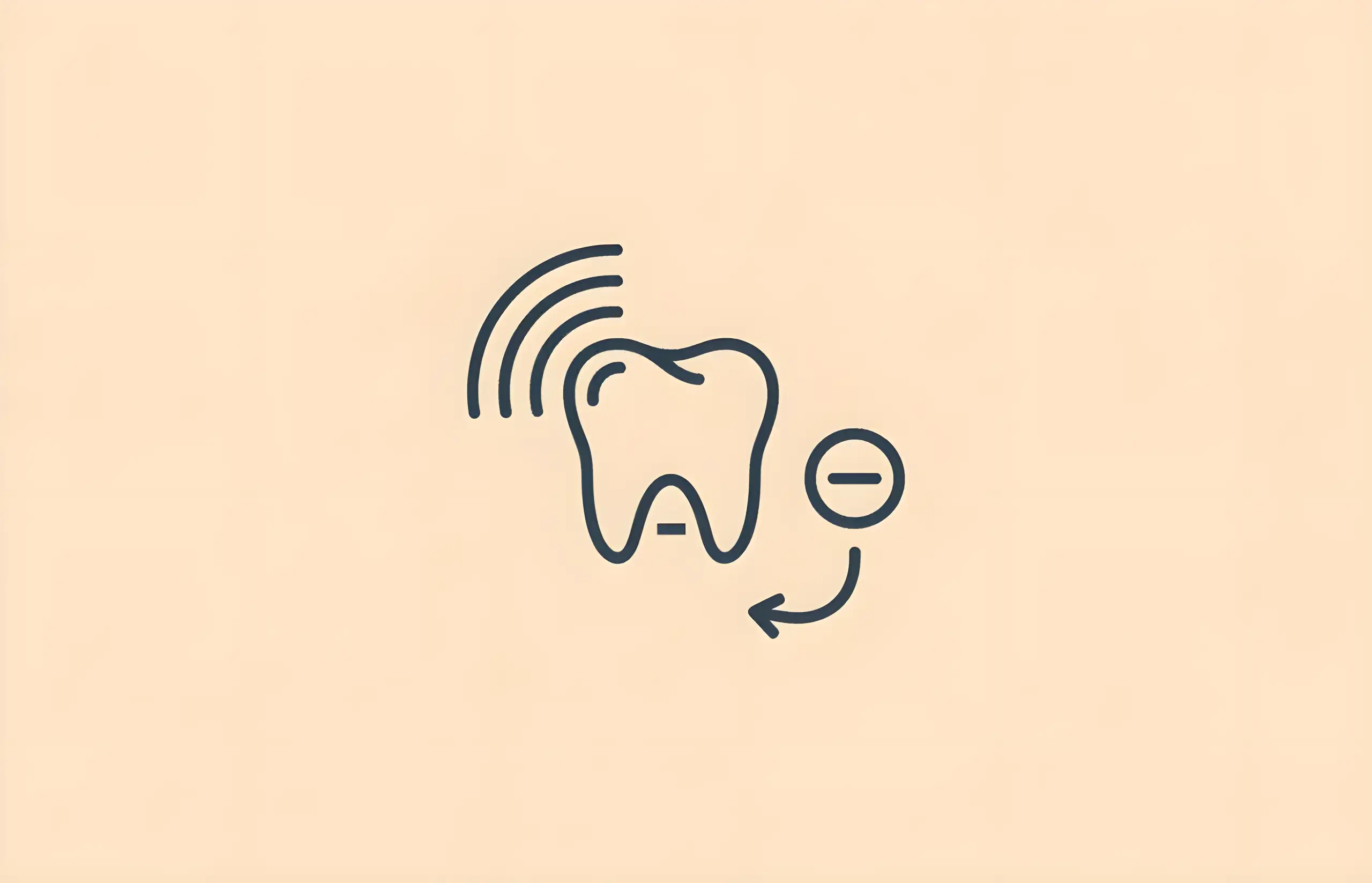
Everything You Need to Know about Dental Implants and MRI Safety
Comprehensive guide to MRI safety with dental implants including titanium compatibility, heating effects, displacement risks, artifact formation, ferromagnetic vs paramagnetic materials, and safety guidelines

What is a Normal Dental Implant Removal Recovery Time?
Comprehensive guide to dental implant removal procedures, recovery timeline (1-5 days), failure causes, removal techniques, and immediate reimplantation options with 96.7% success rate at 1 year

Dental Implants: Problems and Side Effects
Comprehensive guide to dental implant complications, risk factors (smoking, diabetes, gum disease), common side effects, peri-implantitis, infection rates, prevention strategies, and alternative treatments

Dental Implant Costs In The UK – Single Tooth and Full Mouth
Complete guide to dental implant costs, financing options, success rates, and what to expect from single tooth to full mouth implant treatments in the UK

Can You Get Dental Implants Under General Anaesthetic?
Comprehensive guide to anaesthesia options for dental implant surgery, including general anaesthesia, conscious sedation, and local anaesthetic choices

What If You Do Not Have Enough Bone For A Dental Implant?
Comprehensive guide to bone augmentation procedures including ridge expansion, bone grafts, sinus lifts, and distraction osteogenesis for successful dental implant placement when jawbone is insufficient

The Pros and Cons of Dental Implants
A balanced overview of the advantages and disadvantages of dental implants compared to other tooth replacement options

Causes Of Swelling After A Dental Implant Bone Graft
Comprehensive guide to post-operative swelling after bone graft surgery, timeline, risk factors, management strategies, and when to seek medical attention
About The Dental Guide
The Dental Guide is a trusted online resource providing evidence-based information about dental health, treatments, and procedures. Our content is created and reviewed by qualified dental professionals to help you make informed decisions about your oral health.
Our Mission
- Evidence-based dental information
- Expert-reviewed content
- Clear, accessible explanations
- Latest treatment options
- Patient-focused guidance
Editorial Standards
- GDC-registered dental professionals
- Peer-reviewed sources
- Regular content updates
- Medical accuracy verification
- Transparent authorship
Important Notice
The information on The Dental Guide is for educational purposes only and should not replace professional dental advice. Always consult with a qualified dentist for diagnosis and treatment recommendations tailored to your individual needs and circumstances.
Medically Reviewed
Reviewed by Dr. Nasim Mechoui , BDS (Bristol)
Share this article
Comments & Discussion
Have questions about dental implants? Share your thoughts or experiences.
